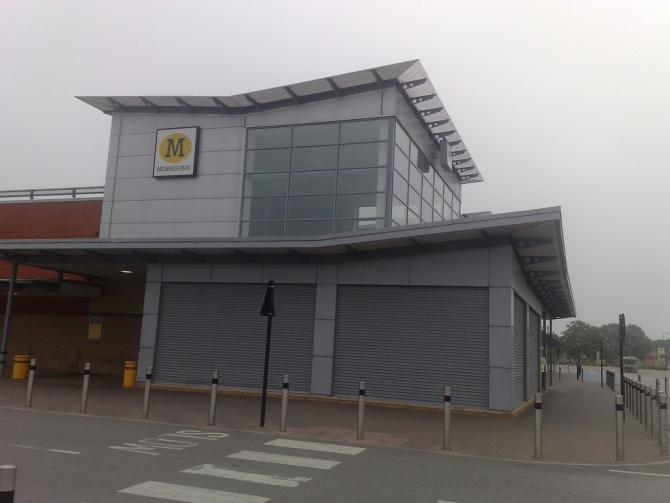Investor competition is being blamed for a 50 per cent rise in supermarket property deals last year. Between them the big five food retailers set a new record by clinching £1.8bn in land and building transactions.

A report by property consultants and investment databank, Colliers International, shows that the volume of property traded by Britain’s supermarkets surged last year to an all-time high. The value of the 59 separate deals also increased by 5.8 per cent, the strongest annual value growth since 2010.
Properties occupied by supermarkets have long been sought after by investors such as insurance funds because they tend to carry leases that are usually twice as long as those held by standard retailers and therefore guarantee a steady rental income. There is also the perception that grocers are better capitalised and less risky than many other retailers and high street stores.
“They are seen more as a bond investment than a real estate investment,” explained Ben Sanderson, a director at Hermes Real Estate. Last year his company sold a Sainsbury’s store in Essex to Prudential’s M&G Real Estate.
The Colliers’ survey showed that during 2013 supermarkets delivered a total return – including rental income and rises in property values – of 11 per cent, well ahead of the year-on-year return of 9.6 per cent for the retail sector as whole.
Breaking down all 59 transactions involving land and large supermarket premises during 2013, the report showed property companies were the biggest sellers, accounting for 42 per cent of deals. Retailers were involved in 29 per cent of sales, followed by institutional investors at 24 per cent.
Colliers also claimed that competition for such properties was being exacerbated by a shortage of supply, after food retailers such as Tesco and Sainsbury’s announced a change in strategy away from vast mega stores and toward smaller outlets, which resulted in a fall in sale-and-leaseback activity.
One food retailer under increasing pressure is Morrisons. As Britain’s fourth largest supermarket chain, with 569 stores, it is being urged by major shareholder Elliott Advisors to spin off its real estate into a separate company which, the US hedge fund claims, would almost certainly push up its share price.
Morrisons — the smallest of the “Big Four” supermarkets behind Tesco, Sainsbury’s and Asda, but ahead of the fifth placed Co-operative Group — announced last autumn that it was reviewing its 90 per cent freehold property portfolio, currently valued at a conservative £9bn. While stressing the majority of its core estate would remain overwhelmingly freehold, the retailer said the review might well lead to the release of surplus capital to shareholders.
“If Morrisons did decide to off load some of its property bank they would be talking to a very willing market,” added James Watson, head of UK retail investment at Colliers International.
Previous Post
Bolton Shopping Centre to upgrade Leisure Offer